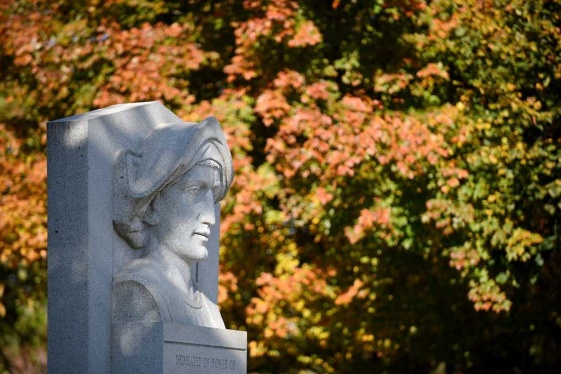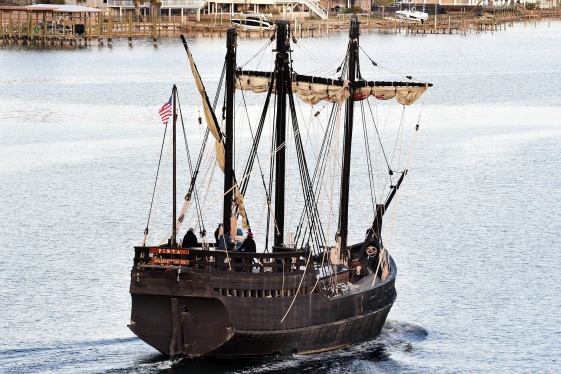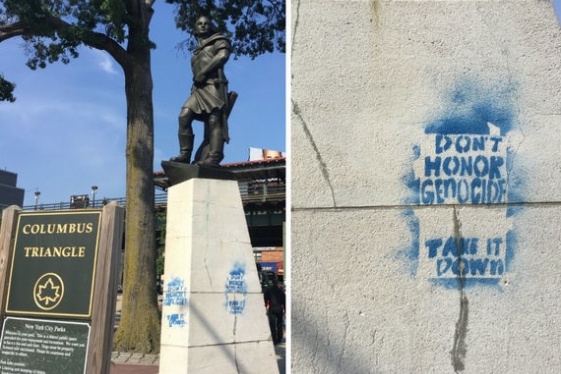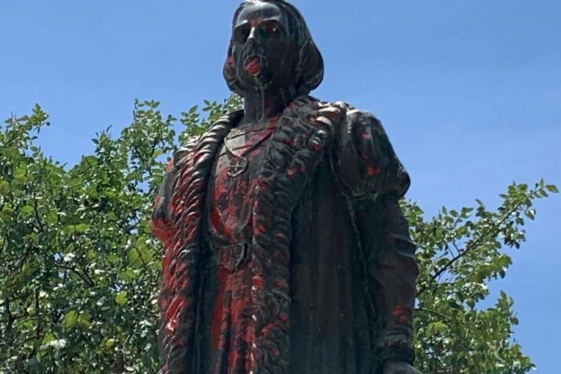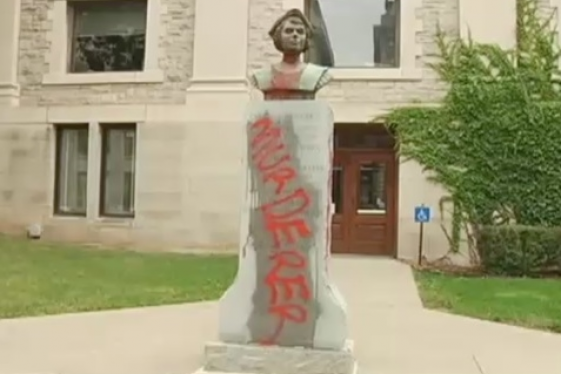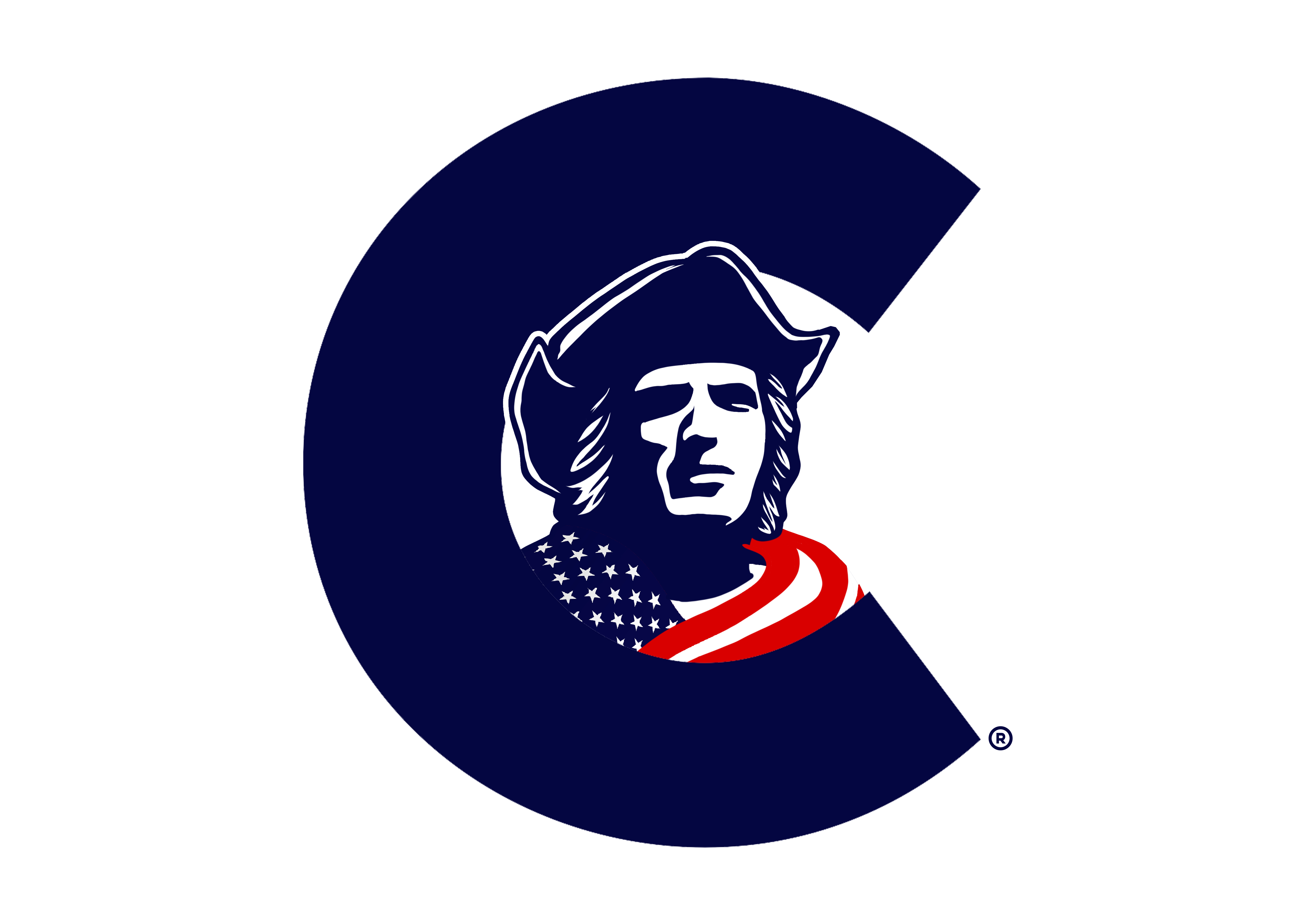

BY: Brown James, Deputy Executive Director
If one lives in America, then they have a day off work every year on the second Monday of October. However, the reason for the day off depends on where you are in the U.S. Historically, the day off was attributed to observing the long-established holiday of Columbus Day. But in more recent times, the day off has increasingly been for observing what is called Indigenous Peoples’ Day.
Unsurprisingly, or perhaps to one’s surprise if they are not fully accustomed to a healthy dose of American stubbornness and discourse, the confliction of these two holidays has been a large source of anger and discontent over the past decade.
To be brief, Columbus Day was set forth to honor the shared immigrant experience in America. Its founding was sparked in 1891 by the lynching of 11 Italian Americans in New Orleans, which is still presently the largest mass lynching in American history. In the nearly 129 years since Columbus Day began, the holiday has evolved into a crucial fixture of the Italian American community. Thus, one can be forgiven for saying, in modern times, Columbus Day functions as a de facto celebration of Italian Americans and their numerous contributions to the U.S.
On the opposing side of the second Monday in October is Indigenous Peoples’ Day, which is a far younger holiday, but one of equal importance. Like Italian Americans, Indigenous Peoples were historically mistreated by the U.S. government, and the public at large. Whether it was being removed from ancestral land, having their villages burned and pillaged, or just being plainly murdered, Indigenous Peoples have suffered plenty of atrocities since America began moving westward from the 13 original colonies. It goes without much argument that there should be a day of recognition for this culture and its people. However, there is an argument to be had as to when that day of celebration ought to be.
America takes pride in being a “melting pot” of cultures. It has not always been perfect, nor will it ever be, but this core ideal remains a cornerstone of American society. It is in this light that the entire topic of Columbus Day versus Indigenous Peoples’ Day becomes so clearly asinine. There are 249 business days in the United States that have not been designated with a federal holiday, yet every year there is a massive collision between those who support Columbus Day and those who support Indigenous Peoples’ Day. If it seems ridiculous, it’s because it is.
Indigenous Peoples’ Day can, and should, be celebrated, but it does not have to come at the expense of Columbus Day. The assertion from countless public officials has seemingly been that there can either be Indigenous Peoples’ Day, or there can be Columbus Day, but there cannot possibly be both. Such a mindset only serves to drive the societal wedge of partisanship even deeper into the core of America.
Columbus Day has been in its present spot on the calendar since 1971, and has been celebrated since 1892. There will always be new holidays to add to the calendar, and Indigenous Peoples’ Day is no different. Let the holiday celebrating the natives of North and South America be placed on the first or third Monday of October, or any other day that is not Columbus Day. There is room enough for everyone in America, but there is not much space left for added division.
SOURCE: National Columbus Education Foundation
You may be interested
-
A wreath for Columbus and three crowns for t...
The Columbus Day Committee of Atlantic City along with the Bonnie Blue Foundation annually...
-
'Atmosphere of anger' in Glen Rock and beyond...
The debate over turning Columbus Day into Indigenous Peoples’ Day has people riled up on b...
-
'Celebrating the Italian Woman' is 2013 theme
The 2013 Columbus Italian Festival will celebrate and showcase all things Italian during i...
-
'Columbus' ship Pinta docks in Fort Walton Be...
A little bit of living history will be on display in Fort Walton Beach now through Jan. 2....
-
'Don't Honor Genocide' Graffiti Painted on Co...
The statue of explorer Christopher Columbus that looms over Astoria Boulevard was vandaliz...
-
'Exactly what we were trying to avoid': Chris...
Red paint was splattered across the Christopher Columbus statue in San Antonio's Columbus...
-
'It is time to return them': Italian-American...
The Joint Civic Committee of Italian Americans (JCCIA) said Mayor Lightfoot and the City o...
-
'Murderer': Another Upstate NY Christopher Co...
With just a month left before Columbus Day, another prominent statue of Christopher Columb...




